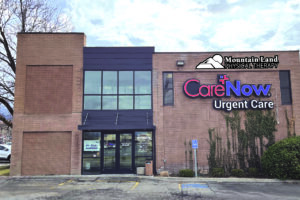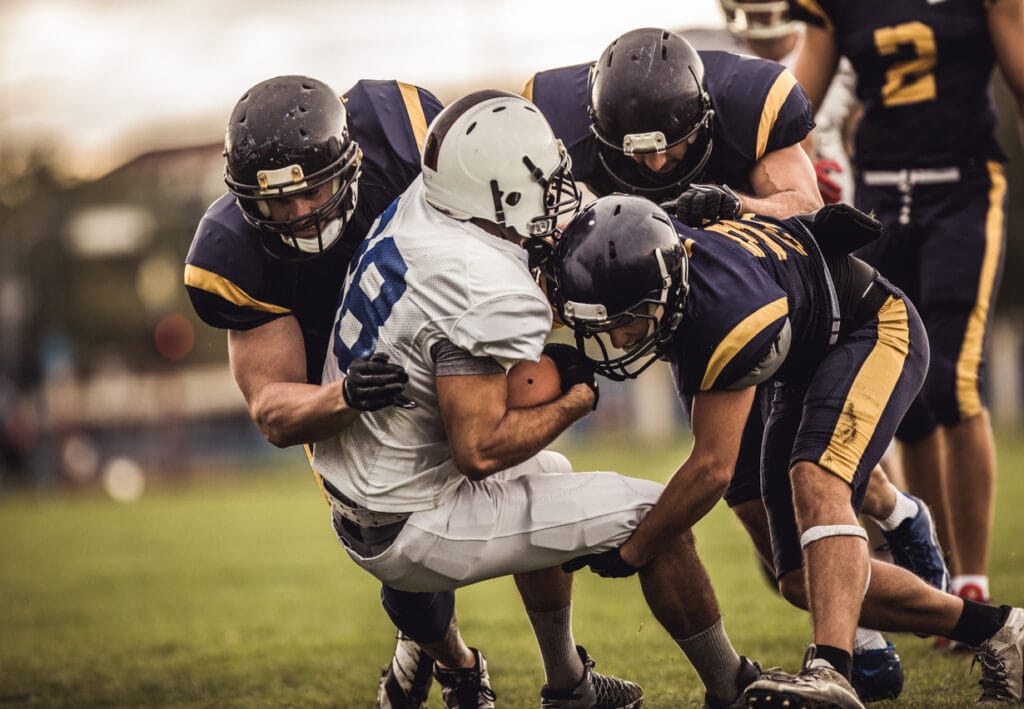Our expert physical therapists who specialize in sports medicine understand the nuances of active individuals, and the nature of sports-related injuries, conditions, and surgeries, and are skilled in helping individuals heal and strengthen themselves. In sports medicine, physical therapists focus on healing the individual so they can go back to their game as well as teaching them how to prevent re-injury. They employ sports-specific training specific to the individual and their sport.
Benefits of Sports Physical Therapy
- Identify and address the root cause of pain: Physical therapy can help identify the underlying cause of pain or discomfort in the body, which may be due to overuse, poor posture, muscle imbalances, or other factors. Once the root cause is identified, the therapist can create a personalized treatment plan to address the issue and help alleviate pain.
- Improve mobility, stability, strength, and movement patterns: Physical therapy can help improve your range of motion, joint stability, muscular strength, and movement patterns. This can help prevent further injury, as well as improve overall athletic performance.
- Minimize recovery time for acute injuries: Physical therapy can help speed up the healing process for acute injuries, such as sprains, strains, and fractures. This is achieved through various techniques, such as manual therapy, therapeutic exercise, and modalities like ice or heat therapy.
- Improve overall fitness and athletic performance: Physical therapy can help optimize your body’s function and movement, allowing you to perform at your best in your sport or activity. This may include improving endurance, power, agility, and other athletic qualities.
- Prevent future injuries: By addressing any underlying issues and improving movement patterns and muscular imbalances, physical therapy can help prevent future injuries from occurring. This is especially important for athletes who may be more prone to certain types of injuries.
- Customized treatment plans: Physical therapy treatment plans are tailored to each individual’s specific needs and goals. This means that each athlete’s treatment plan will be unique and designed to address their specific concerns and needs.
- Education and self-management: Physical therapy includes education on how to manage and prevent injuries. This can include exercises and stretches to perform at home, as well as tips for proper form and injury prevention.
- Alternative to surgery: In some cases, physical therapy may be an effective alternative to surgery for sports injuries. By addressing underlying issues and improving function, physical therapy may help alleviate pain and prevent the need for surgery.
Overall, physical therapy can play an essential role in both the recovery and prevention of sports injuries. By addressing underlying issues and improving movement patterns and muscular imbalances, athletes can improve their overall performance while reducing the risk of future injuries.









